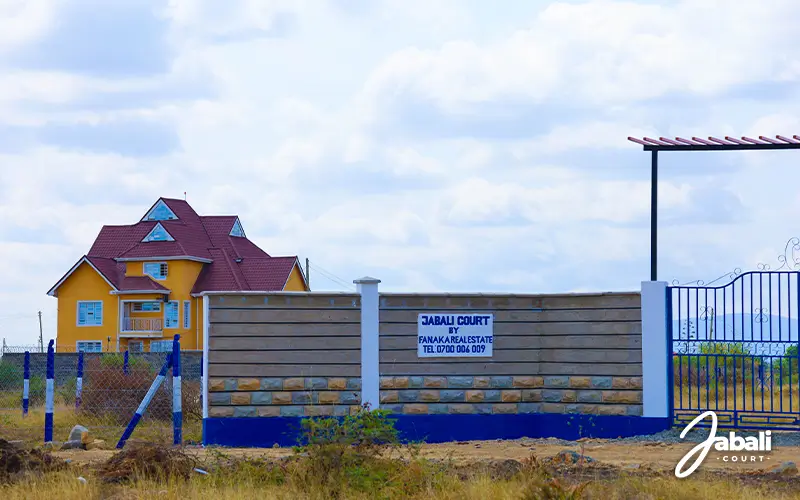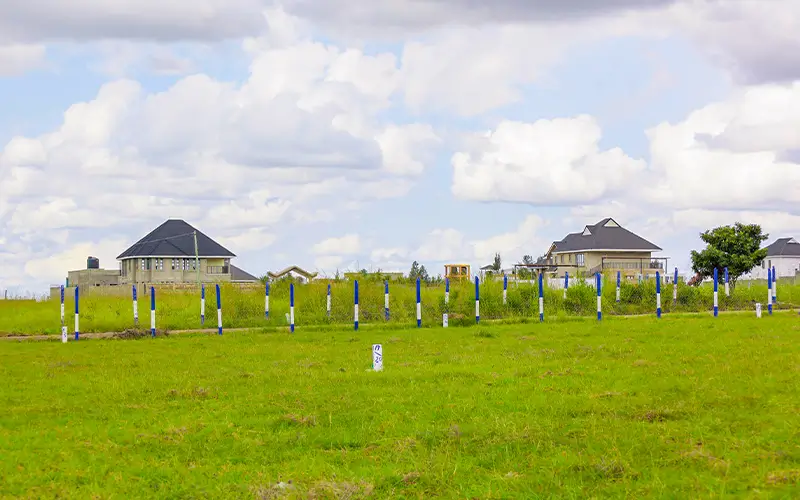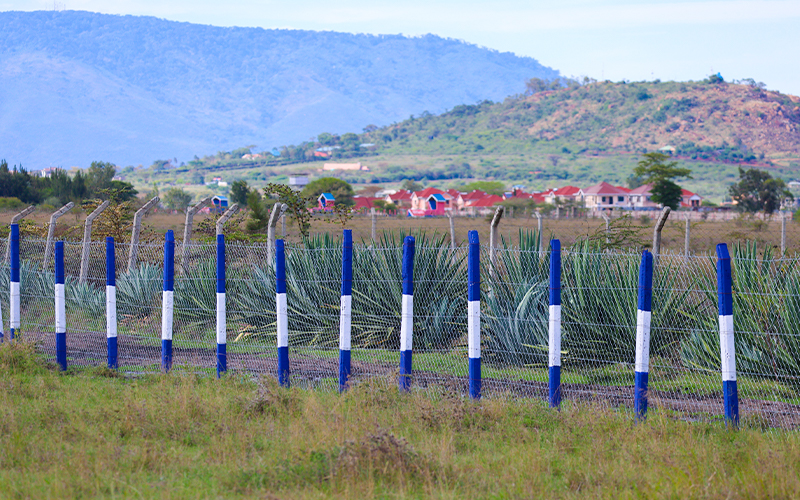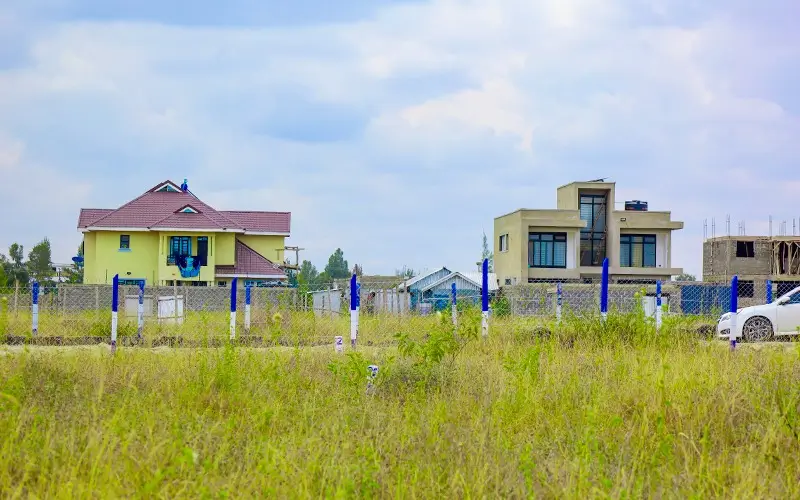
Understanding Land Ownership in Kenya:
Land Ownership Entities:
In Kenya, like other countries, either the government, legal entities (i.e., a company), an individual, or a group owns land.
Tenure Systems:
Kenyan land laws provide for tenure systems that dictate how long the land is held. Currently, land ownership can be on a freehold where the owner is allowed to hold the land for an indefinite term or a leasehold where the owner is conferred a limited term that can often be extended upon expiry.
Various Tenure Systems:
Leasehold is common for non-citizens and limits ownership term to not more than 99 years. The others are a customary system where a group of individuals belonging to a clan or an ethnic community holds the rights to the land. The final tenure system in Kenya is public or state land where the government privately owns the land. This ownership system originates from the Crown Lands Ordinance of 1902 that declared unoccupied land the property of the crown.
Land Ownership for Foreigners:
In Kenya, land ownership is not only restricted to citizens. Foreigners too can legally own land and other real estate properties. The ownership can be for either a group or an individual.
Lack of Information Challenges:
Lack of information on how to own land as a foreigner has led to many of them being duped. Most are made to believe that they cannot legally own land on their names, thus the need to create a local partnership that oftentimes ends up in ugly court cases.
Limitations for Foreigners:
However, unlike for citizens of Kenya, land ownership for foreigners is often subjected to some limitation. One of such limitations is that the tenure or the right to hold the land is only limited to ninety-nine years. What this means, therefore, is that foreigners can only own land under a leasehold of not more than ninety-nine years. Another limitation is that individual foreigners or wholly owned corporations cannot acquire agricultural land unless at the discretion of the president, often done through a gazette notice.
Procedures for Owning Land in Kenya:
Challenges in Land Acquisition:
The process of buying land in Kenya is a delicate issue, for a long time now cases of land-related conflicts continue to increase. The high demand for land for commercial and residential areas has made potential real estate investors vulnerable to con men who pose as genuine land brokers.
Steps to Follow:
So, what is the right process of buying land in Kenya? Having operated in the market for some years now, we understand the hustle land buyers go through. For those starting out, here are some steps you need to follow to avoid being duped when buying land in Kenya.
Land Acquisition Steps:
Land Search at the Ministry of Land:
- Land search at the ministry of land: The first step is to do a search at the ministry of land. With the advent of technology, you no longer have to go to their offices, you can simply do this in the comfort of your house or your office using the e-citizen platform.
Confirm Unpaid Land Rates:
2. Confirm unpaid land rates: The next thing you need to do is to make sure that the land you seek to buy does not have any unpaid land rates.
Land Map for the Place:
3. Land map for the place: The next step is to visit a surveyor to get a land map drawn to scale of the area you look to invest in.
Ground Verification:
4. Ground Verification: Now that you have the map, and you have confirmed that the seller is the genuine owner of the land, you will need to do a ground verification.
Written Agreement:
5. Written agreement: We often encourage land buyers to have the transaction in writing. It is advisable to engage a lawyer (they will charge 3000 ksh for transactions less than 1,000,000 and 8,000 ksh for a transaction above 1,000,000 ksh).
Meeting with Land Control Board:
6. Schedule a meeting with the Land control Board: The next step is to book a special land control board with the areas assistant county commissioner.
Land Transfer Process:
7. Land transfer process: The seller after receiving all the payment for the land, he or she should now sign a land transfer form or initiate the process of transferring the land.
Capital Gains Tax:
8. Capital gains tax: After the payments have been made and the piece has now been transferred to you, you will need to pay capital gains such as stamp duty and transfer fees.
Post-Purchase Land Search:
9. Post-purchase land search: Finally, after all the above steps have been completed, we encourage you to do a final online search after say a week or two to make sure that the new details are your own.
Reminder for Due Diligence:
Remember, due diligence should be carried out when seeking to invest in real estate from time to time.




